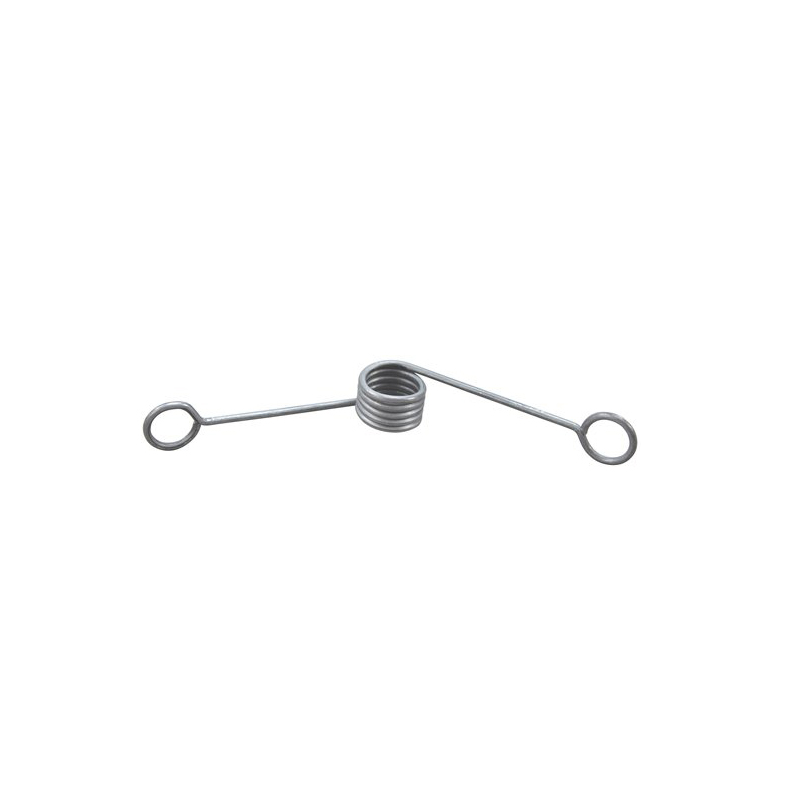
- Mobile Phone
- +8613931874955
- sales@cntcmetal.com
Top Providers of Welded Wire Mesh Fencing Solutions for Various Applications and Industries
The Importance of Welded Mesh Fencing A Guide to Selecting Suppliers
Welded mesh fencing has become an increasingly popular choice for various applications, ranging from agricultural enclosures to commercial and residential properties. This type of fencing is known for its durability, strength, and versatility, making it an ideal solution for securing premises. However, the effectiveness of welded mesh fencing largely depends on the quality of materials and craftsmanship, which highlights the importance of selecting the right suppliers.
Understanding Welded Mesh Fencing
Welded mesh fencing consists of a grid of wires that are welded together at intersections, creating a robust and rigid structure. This fencing is available in various heights, mesh sizes, and wire thicknesses, allowing customers to choose the best option that meets their specific needs. One of the main advantages of welded mesh is its resistance to bending and damage, which makes it an excellent choice for areas subject to heavy wear and tear.
Moreover, welded mesh fencing is often made from galvanized steel or coated with protective materials, enhancing its resistance to rust and corrosion. This makes it ideal for outdoor use, ensuring longevity and reducing maintenance costs. In addition to security, welded mesh fencing also offers visibility, which can be an important factor in certain applications, such as perimeter fencing for schools or industrial sites.
Choosing the Right Suppliers
When it comes to purchasing welded mesh fencing, the supplier's credibility and reputation play critical roles in ensuring quality. Here are some key factors to consider when selecting suppliers
1. Quality of Materials Ensure that the supplier uses high-quality steel and reliable manufacturing processes. Ask about their materials' durability, corrosion resistance, and overall product lifespan.
welded mesh fencing suppliers

2. Certifications and Standards Check if the supplier meets relevant industry standards and certifications. This can include ISO certifications or compliance with local regulations, which often indicate a commitment to quality.
3. Product Range A good supplier should offer a wide range of welded mesh fencing options to cater to different requirements. This can include various sizes, wire gauges, and coatings, allowing for flexibility in application.
4. Customization Services Not all projects are the same, and sometimes bespoke solutions are needed. Look for suppliers who offer customization options to meet specific design needs or site conditions.
5. Customer Support and Service A reliable supplier should provide strong customer service, including assistance with product selection, ordering processes, and after-sales support. This is particularly important if you encounter any issues with your fencing solution.
6. Pricing While cost is always a consideration, it is crucial to balance price with quality. Cheap materials may save money upfront but could lead to increased expenses due to repairs and replacements in the future.
7. Reputation and Reviews Research the supplier's reputation in the market. Read customer reviews, ask for referrals, and check their standing with regulatory bodies or trade associations. This can provide insight into the reliability and service quality of the supplier.
Conclusion
Welded mesh fencing serves as an essential barrier for security and protection across various sectors. Choosing the right suppliers for your fencing needs is paramount to ensuring that you receive a product that not only meets your expectations but lasts for years. By focusing on quality, certifications, product range, customer support, and overall reputation, you can make an informed decision that will enhance the security of your property. Whether you are in agriculture, construction, or simply need to secure a residential area, investing time in finding the right welded mesh fencing supplier is an investment worth making.
share:
-
Your Source for Concrete Wall Ties and Masonry AccessoriesNewsJul.10,2025
-
Unlocking the Power of Iron Wire for Every ProjectNewsJul.10,2025
-
Explore Advanced Chain Wire and Stainless Steel Mesh FencingNewsJul.10,2025
-
Discover the Benefits of Annealed Wire ProductsNewsJul.10,2025
-
Discover China Stainless Steel Wire Mesh SolutionsNewsJul.10,2025
-
Build with Confidence Using High-Performance Masonry AccessoriesNewsJul.10,2025
-
Why Sacrificial Formwork Is Redefining Underground ConstructionNewsJun.06,2025



















